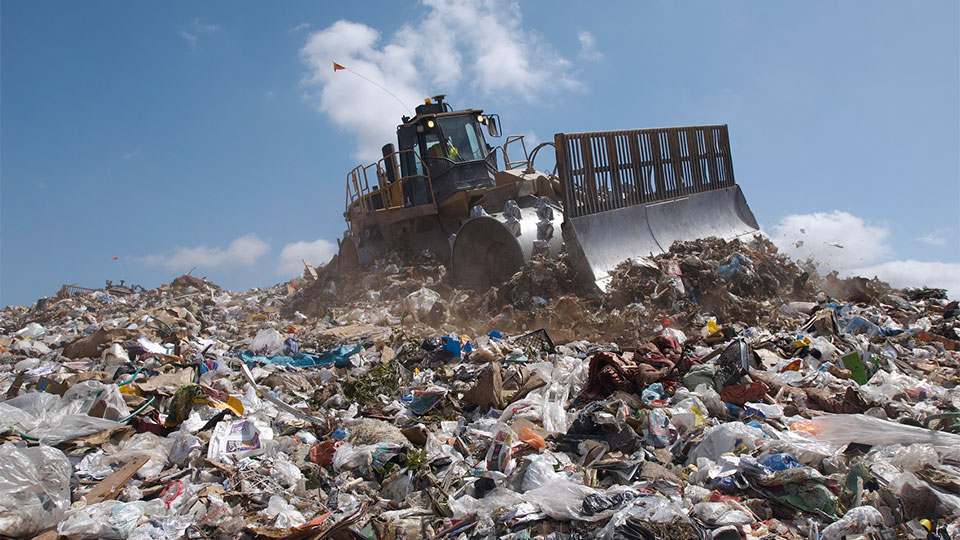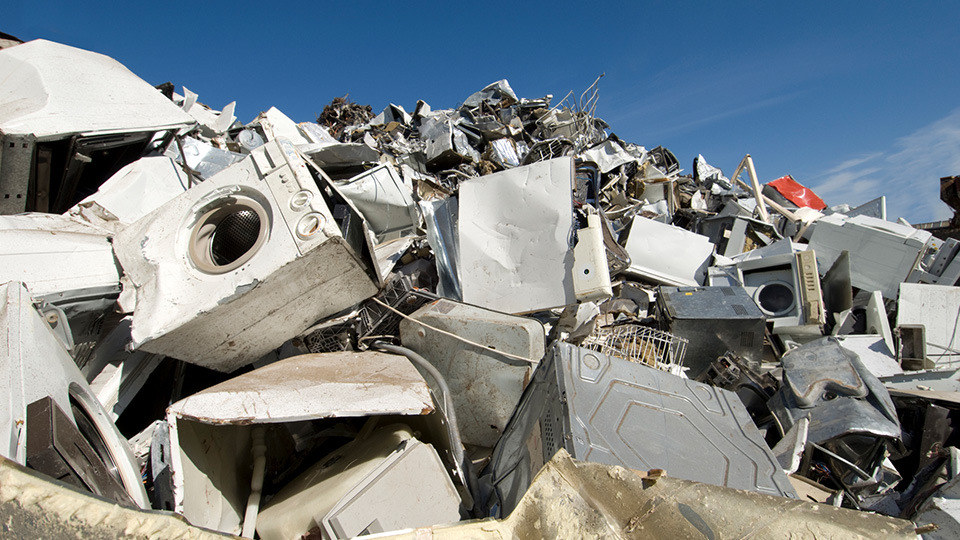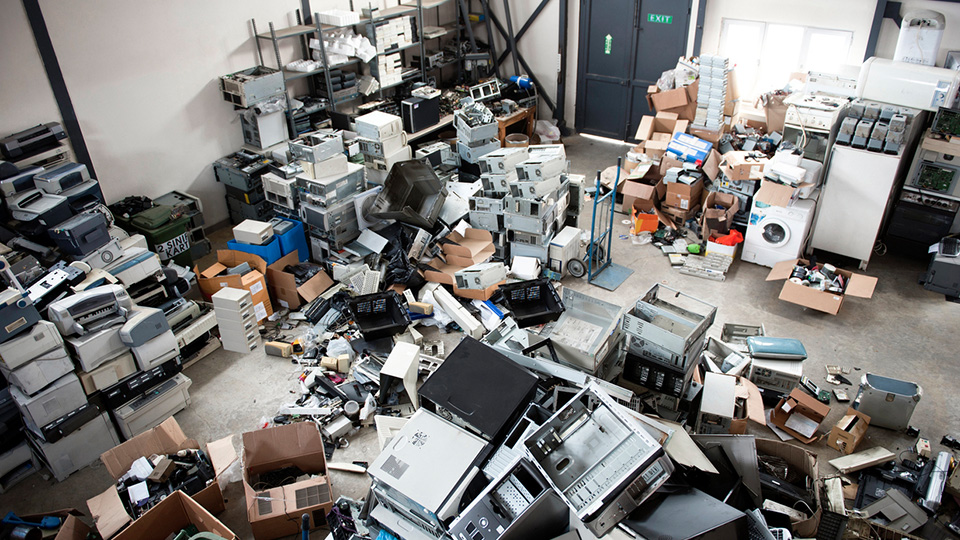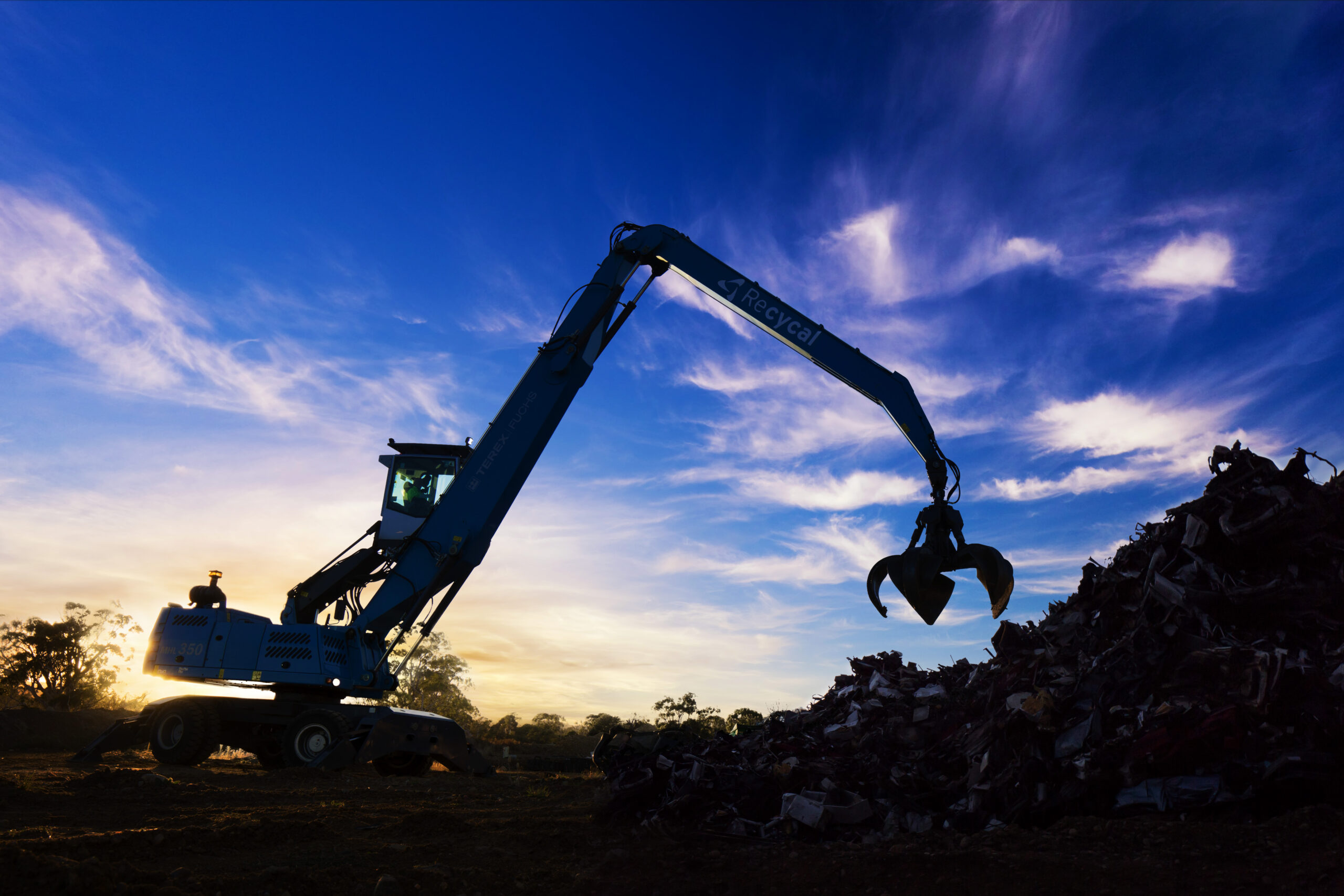Upgraded recycling programs, better designed devices and more buy-back schemes are needed to tackle the rising tide of e-waste globally, according to a new report.
Several United Nations bodies, the World Economic Forum, and the World Business Council for Sustainable Development (WBCSD) have come together to advocate for an overhaul of the current electronics landscape in the new report, A New Circular Vision for Electronics.
The call to action comes as 50 million tonnes of electronics and e-waste are discarded throughout the world each year, with only a fifth of that formally recycled.
The latest forecasts show that the material cost of e-waste is worth US$62.5 billion annually.
Looking forward, the volume of e-waste could more than double to 120 million tonnes by 2050, according to United Nations University estimates.
“Global e-waste is the fastest growing waste stream and presents societal and environmental risk,” said WBCSD president and CEO Peter Bakker.
The circular economy is coming
The report and its authors urged major electronic brands, small and medium-sized businesses, academics, trade unions, civil society and associations to work together towards a circular economy for electronics that would ultimately reduce e-waste.
The circular economy model would see electronic goods designed to be more durable and reusable, as well as making them more recycle-friendly.
Electronics makers could offer buy-back or return systems for old equipment, while companies and governments could work towards a system of closed-loop production to cut down on what ends up in landfill.
The recycling sector would also need an upgrade to ensure recycled materials are suitable for use in new devices.
“The circular economy offers incredible benefits, but it does require us to be less transactional with our resources, stewarding them through the economy rather than throwing them out after one use,” said Dominic Waughray, head of the Centre for Global Public Goods and a managing board member at the World Economic Forum.
Australia’s e-waste challenges
There is no better place to action these ideas than in Australia, one of the world’s biggest producers of e-waste.
Australia generated 23.6 kilograms of e-waste per person in 2016, the fifth highest globally after Denmark, Netherlands, Norway and the UK, according to the Global E-Waste Monitor.
The e-waste recycling movement is already gaining momentum across the country though, with Victoria banning the disposal of e-waste into landfill from July 1 this year.
As Australia’s leading mercury recycler, the Ecocycle team will continue to watch out for developments in e-waste recycling in Australia and abroad.





